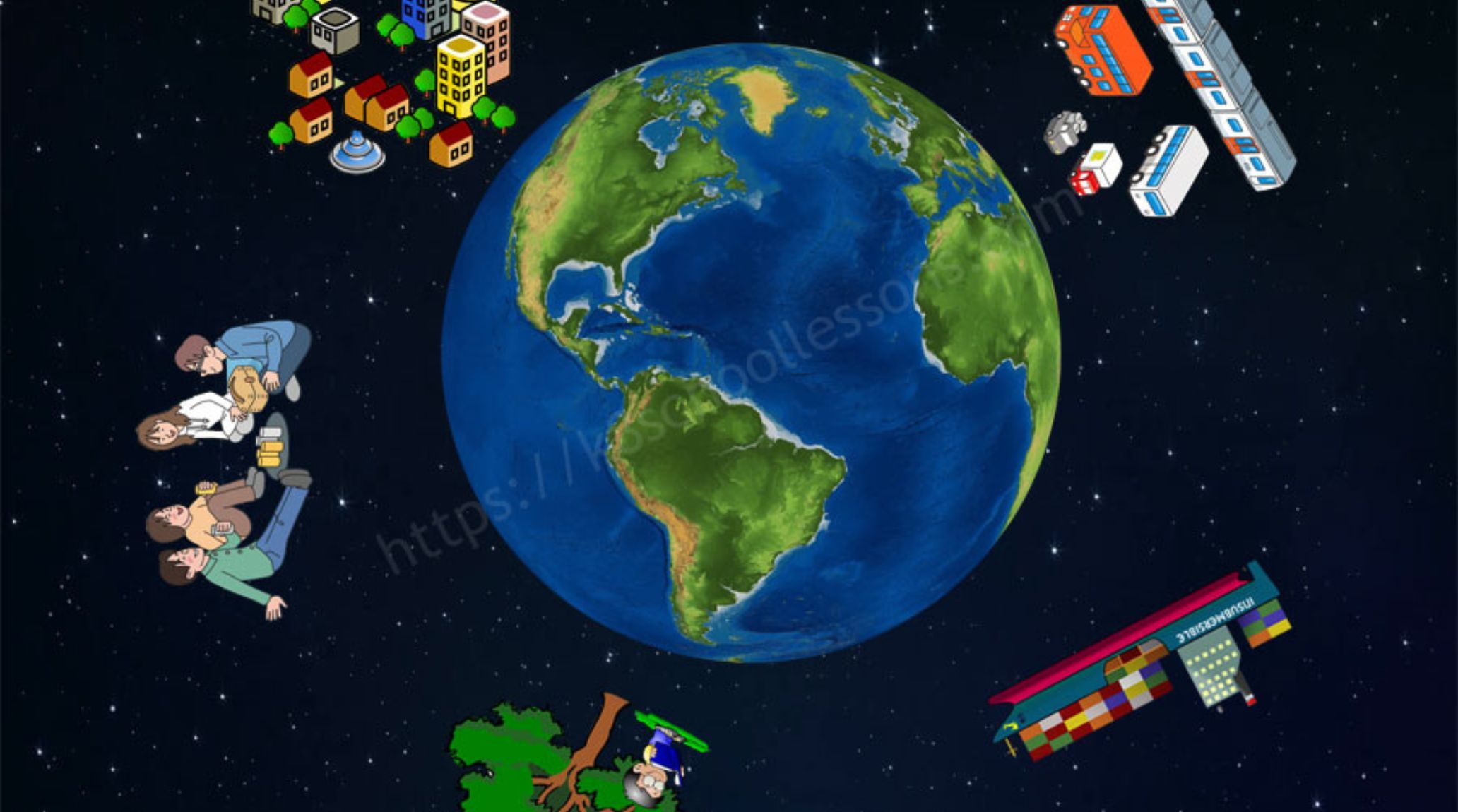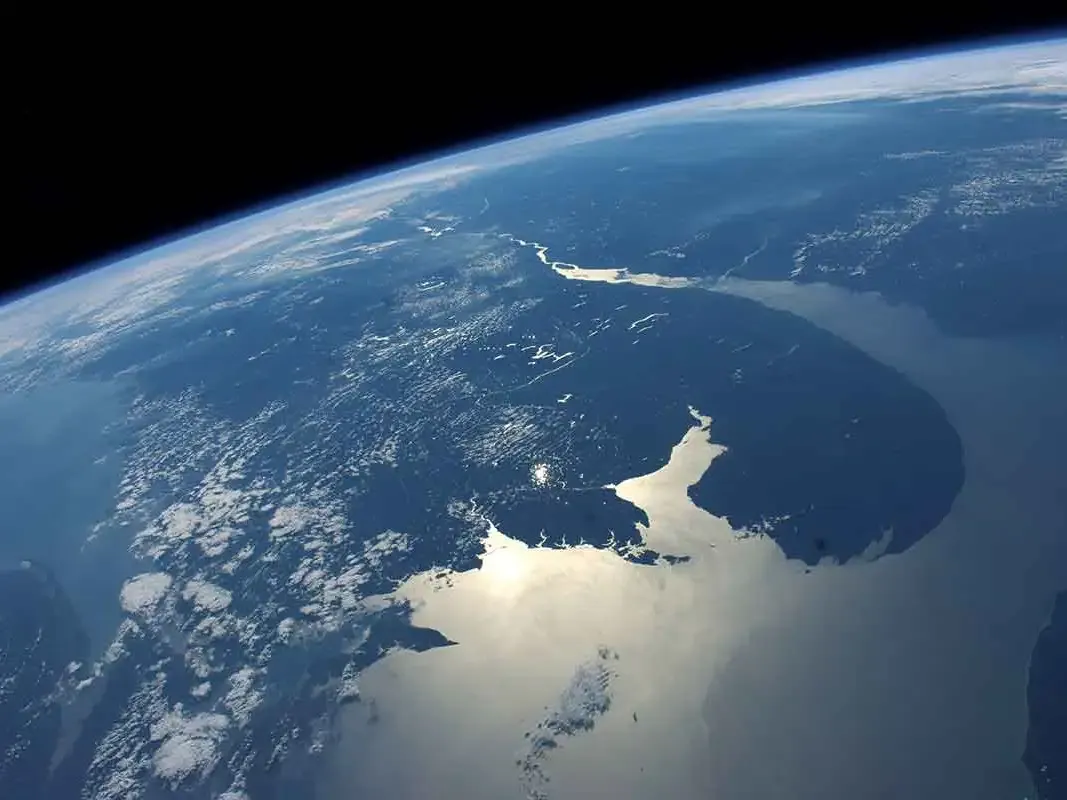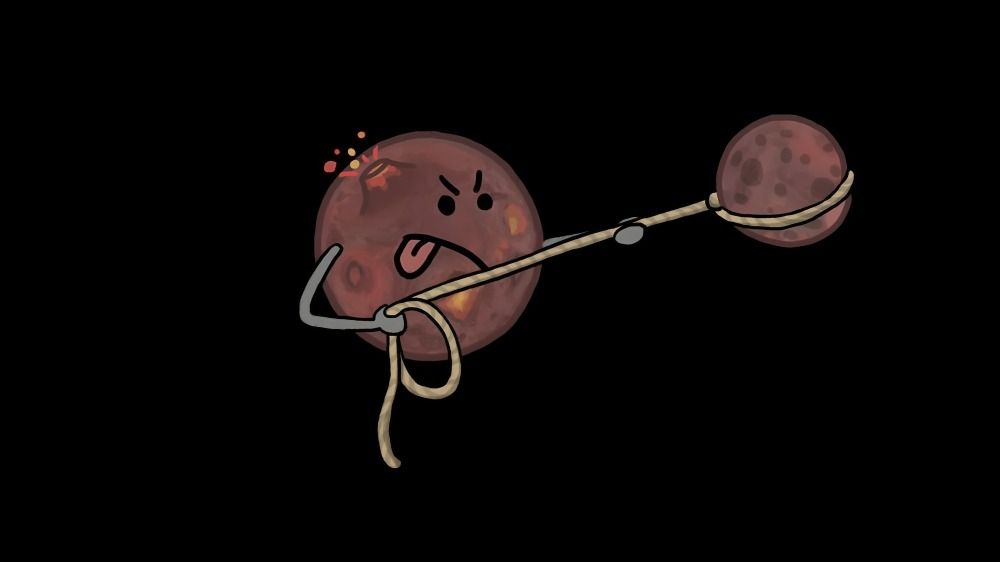
“
Gravity is what keeps us grounded, literally. But have you ever wondered what would happen if Earth had no gravity for just one day? From floating objects to chaotic disruptions in nature and human life, the absence of gravity would transform our world into a surreal and dangerous place. Let’s dive into this thought experiment to explore the science and implications behind such a scenario.1
1
”
Gravity, described by Sir Isaac Newton in his law of gravity, is the force that holds Earth's interior together. It causes objects to fall and stay grounded, similar to a magnetic pull.1
Without gravity for a day, objects on Earth would float freely into space. Everything from water to buildings would be affected, as gravity is responsible for keeping things anchored to the planet. 2
Human bodies rely on gravity to maintain fluid balance. Without it, bodily fluids, like blood and water, would shift towards the upper body and head, causing swelling and discomfort in the face. 3
In the absence of gravity, people would experience difficulty walking or standing, as muscles and bones rely on gravitational force to stay functional. Without it, movement would become disorienting and challenging.4

Since gravity holds Earth's atmosphere in place, a sudden loss of gravity would cause the atmosphere to dissipate into space. This would lead to a loss of breathable air and make life unsustainable.
Without gravity, water would lose its shape and behave unpredictably. Oceans, rivers, and lakes would no longer stay contained, and water would float into the air in large, disorganized blobs.5
A lack of gravity would severely disrupt the planet's weather systems. Without gravitational forces, Earth's atmospheric patterns would break down, leading to chaotic and unpredictable changes in weather conditions worldwide.6
Gravity keeps the Earth’s orbit stable. If gravity disappeared, the planet would drift off into space. Earth's motion would no longer be tied to the Sun, and it would move aimlessly. 7
Human digestion relies on gravity to move food through the digestive tract. Without it, food would float around in the stomach and intestines, disrupting digestion and causing significant gastrointestinal issues. 8

The Earth's oceans, which are shaped by gravity, would lose their stability. Tides, which are caused by the Moon's gravitational pull, would cease to exist, leading to static water levels worldwide.
If gravity were absent, buildings and infrastructure could collapse. Without gravity, forces like compression and tension would no longer function as intended, leading to catastrophic structural failures.9
Earth’s plants depend on gravity to orient their growth. Without it, trees and plants would not grow upright; instead, their roots and shoots would float freely in whatever direction they were displaced.10
The Earth’s core, composed mainly of iron and nickel, is kept in place by gravity. Without it, the core might destabilize, affecting the planet’s magnetic field, which helps protect Earth from solar radiation. 11
People would experience severe disorientation due to the absence of gravity’s constant pull. Spatial awareness would be lost, and humans would struggle to navigate their surroundings without a sense of "down." 12

The Moon’s gravitational pull affects Earth’s tides. Without gravity, the Moon’s effect on tides would disappear, altering the marine ecosystem that depends on tidal cycles for food, migration, and reproduction.
Earth's gravitational field influences the trajectory of objects like meteors. Without it, meteors would enter the atmosphere unpredictably, and objects that usually burn up during re-entry would reach the surface unimpeded. 13
Aircraft and vehicles that rely on gravity for lift would be grounded. Airplanes would fail to stay aloft, and cars would no longer function as they rely on gravity for traction and movement. 14
Earth’s gravitational pull keeps the Earth's layers, like the crust and mantle, in their correct positions. Without it, tectonic shifts could occur unpredictably, leading to earthquakes and catastrophic geological events. 15
Without gravity, combustion processes would be impacted. Fire, which needs a constant supply of oxygen and fuel, would behave differently, potentially causing dangerous floating flames and uncontrolled fires in buildings and cities.16
In space, astronauts experience weightlessness due to the lack of gravity. On Earth, a similar experience for a day would affect balance and coordination, and cause temporary disorientation and difficulty in performing tasks. 17


